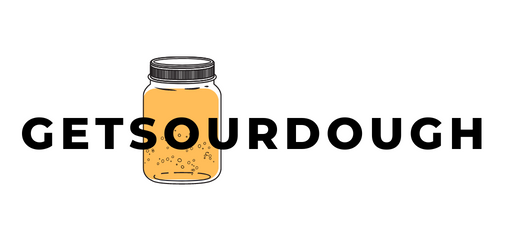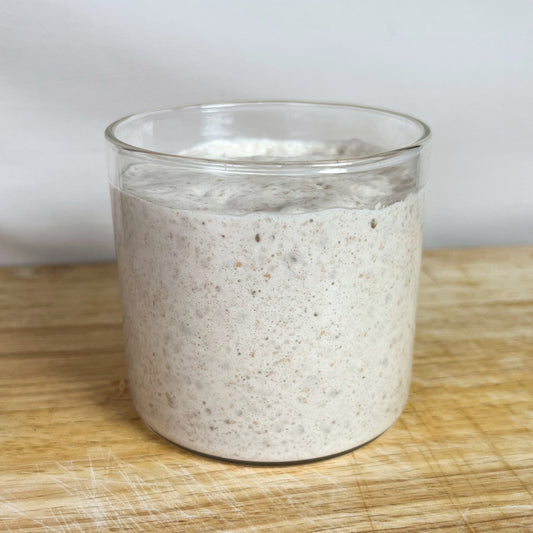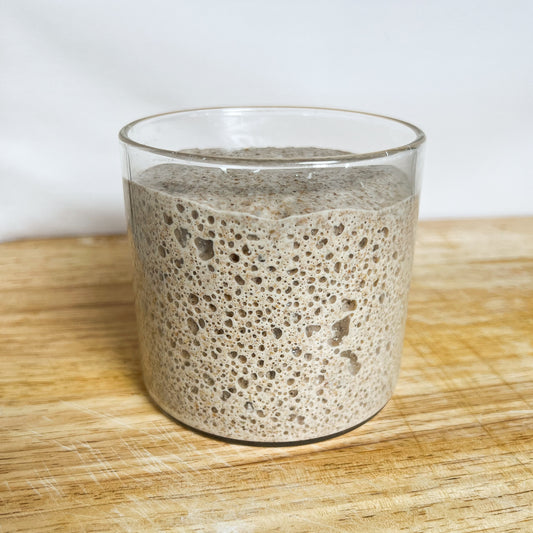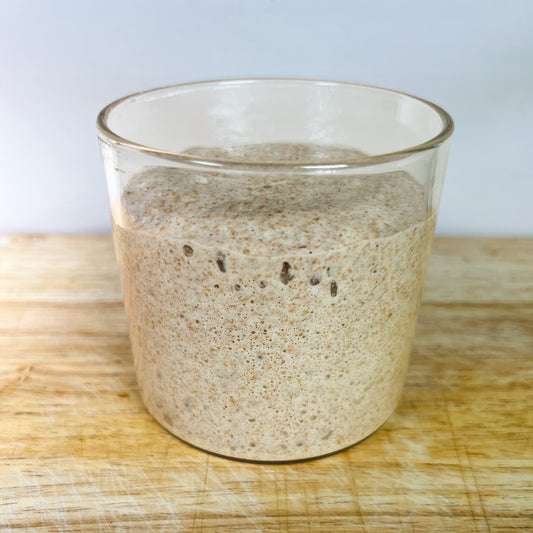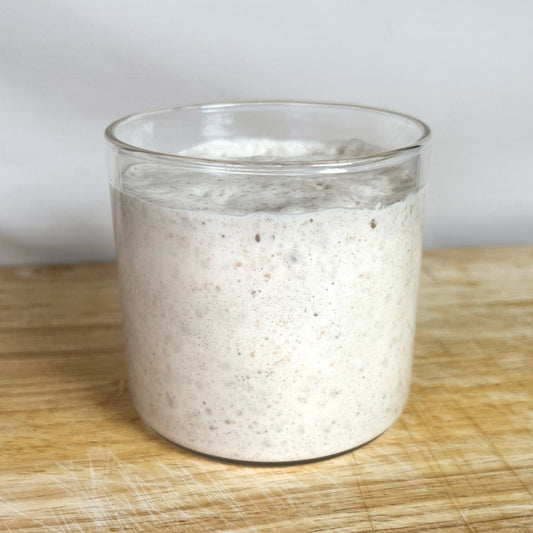Reviving the Ancient Art of Bread Making: How to Buy Sourdough Starter and Master the Perfect Loaf
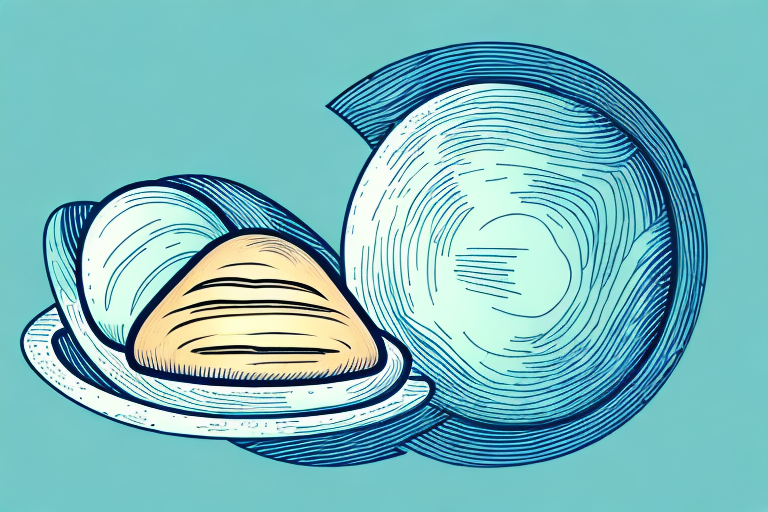
Bread has been a staple of human diets for thousands of years, and sourdough bread in particular has a long and fascinating history. From its ancient origins to its resurgence in modern times, this article will explore the world of sourdough bread making. Whether you are a beginner or an experienced baker, this guide will teach you everything you need to know about buying sourdough starter and mastering the perfect loaf.
The History of Sourdough Bread Making
Sourdough bread has been a staple of diets all over the world for millennia. Its origins can be traced back to ancient Egypt, where fermented dough was used to make bread. Over time, the technique of sourdough bread making spread to other parts of the world, including Europe and the United States.
Ancient Origins of Sourdough
The origins of sourdough bread making are believed to date back to ancient Egypt, where bakers would intentionally leave dough out in the open air to collect wild yeast and bacteria. This wild yeast and bacteria would then ferment the dough, making it rise and giving it a unique flavour. The natural fermentation process would create a tangy, sour flavour that is still associated with sourdough bread today.
As the technique of sourdough bread making spread across the world, different cultures began to develop their own unique variations. For example, in Russia, sourdough bread is known as "kvass" and is made with rye flour. In Germany, sourdough bread is often made with a mixture of rye and wheat flour.
The Role of Sourdough in Different Cultures
Sourdough bread making has played an important role in many different cultures throughout history. In France, for example, sourdough bread is a staple of traditional cuisine. The French take great pride in their bread making, and many artisanal bakers still use traditional sourdough techniques to create their loaves.
In San Francisco, sourdough bread has become synonymous with the city's unique food culture. The city's famous sourdough bread is made using a specific strain of lactobacillus bacteria that is only found in the San Francisco area. This bacteria gives the bread its distinctive tangy flavour and chewy texture.
In addition to its cultural significance, sourdough bread has also been praised for its health benefits. Because of its long fermentation process, sourdough bread is easier to digest than other types of bread. It also has a lower glycemic index, which means it causes less of a spike in blood sugar levels.
The Resurgence of Sourdough in Modern Times
In recent years, there has been a resurgence of interest in sourdough bread making. Bakers all over the world are rediscovering the unique flavours and textures that can be achieved with sourdough. Many people are also drawn to sourdough bread making because it is a more natural and traditional way of baking bread.
One of the most appealing aspects of sourdough bread making is its versatility. Bakers can experiment with different flours, hydration levels, and fermentation times to create a wide variety of breads. Some bakers even incorporate other ingredients, such as nuts, seeds, or dried fruit, to add extra flavour and texture to their loaves.
Whether you are a seasoned baker or a beginner, sourdough bread making is a great way to get creative in the kitchen and explore the world of baking. With its rich history and unique flavour profile, sourdough bread is sure to remain a beloved staple of diets around the world for years to come.
How to Buy the Right Sourdough Starter
Sourdough bread has been a staple in many cultures for centuries, and for good reason. The unique flavour and texture of sourdough bread can't be replicated by any other type of bread. But in order to make sourdough bread, you need a sourdough starter. When it comes to buying sourdough starter, there are a few key factors to consider. Whether you are purchasing a starter online or making your own at home, it's important to choose the right one for your needs.
Store-Bought vs. Homemade Starters
There are two main options when it comes to buying sourdough starter: store-bought and homemade. Store-bought starters are convenient and easy to use, but may not produce the same unique flavours as a homemade starter. Making your own starter can be more time-consuming and require more effort, but can lead to a more personalised and flavourful end product.
When making your own starter, you have control over the type of flour used, the water source, and the temperature at which the starter is kept. This can lead to a more unique and flavourful starter. However, if you are short on time or don't want to go through the effort of making your own starter, store-bought options are a great alternative.
Key Factors to Consider When Purchasing a Starter
When purchasing a sourdough starter, it's important to consider factors like the type of flour used, the age of the starter, and how active the starter is. All of these factors can impact the flavour and texture of the bread you produce.
The type of flour used in the starter can impact the flavour of the bread. Some starters are made with whole wheat flour, while others are made with white flour. The age of the starter can also impact the flavour. Older starters tend to have a more complex flavour profile, while younger starters may produce a milder flavour. The activity level of the starter can impact the rise of the bread. A more active starter will produce a higher rise, while a less active starter may produce a flatter loaf.
Recommended Sourdough Starter Brands
Some of the most popular store-bought sourdough starter brands include San Francisco Sourdough, King Arthur Flour, and Cultures for Health. Each of these brands has a unique flavour and texture profile, so it's worth experimenting to find the right one for you.
You can also buy sourdough starter online with GetSourdough. We specialise in fresh sourdough that can be shipped across the UK. Check out our sourdoughs here.
No matter which sourdough starter you choose, the most important thing is to have fun and experiment. Sourdough bread baking is a journey, and each loaf you make will teach you something new. So get started and happy baking!
Creating Your Own Sourdough Starter
If you're feeling adventurous, making your own sourdough starter can be a rewarding experience. Not only will you have the satisfaction of creating something from scratch, but you'll also have a starter that you can use to make delicious sourdough bread for years to come. Here's everything you need to know to get started.
Ingredients and Equipment Needed
To make your own sourdough starter, you will need flour, water, and a container to keep the starter in. It's important to choose a container that is large enough to accommodate the starter as it grows. A glass jar or plastic container with a lid works well.
Step-by-Step Guide to Making a Starter
Creating a sourdough starter is a simple process, but it does require patience and consistency. Here's a step-by-step guide to making your own starter:
- Start by combining equal parts flour and water in your container. For example, you could use 1 cup of flour and 1 cup of water.
- Stir the mixture until it is well combined. You want the mixture to be smooth and free of lumps.
- Cover the container with a lid or plastic wrap and let it sit at room temperature for 24 hours. During this time, the mixture will begin to ferment and develop bubbles.
- After 24 hours, discard about half of the mixture and feed the remaining half with fresh flour and water. For example, if you started with 1 cup of flour and 1 cup of water, you would discard 1/2 cup of the mixture and add 1/2 cup of fresh flour and 1/2 cup of fresh water.
- Repeat this process every 24 hours for 5-7 days, or until the starter is active and bubbly. You should start to see bubbles forming in the mixture within a few days. Once the starter is active, you can begin using it to make sourdough bread.
Troubleshooting Common Starter Issues
It's not uncommon to experience issues when creating your own sourdough starter. Some common issues include a sour or unpleasant odour, a lack of activity, or mold growth. If you run into any of these issues, there are several steps you can take to troubleshoot and ensure that your starter is healthy and active.
- If your starter has a sour or unpleasant odour, it may be due to the type of flour you're using. Try switching to a different type of flour, such as rye or whole wheat.
- If your starter isn't showing any signs of activity, it may need more time to develop. Be patient and continue feeding it every 24 hours.
- If you see mold growing on your starter, discard it and start over with fresh ingredients and a clean container.
With the right sourdough starter and a bit of patience, anyone can master the art of sourdough bread making. Whether you prefer store-bought or homemade starters, these tips will help you create delicious, flavourful bread that will impress your family and friends. So go ahead and give it a try!
